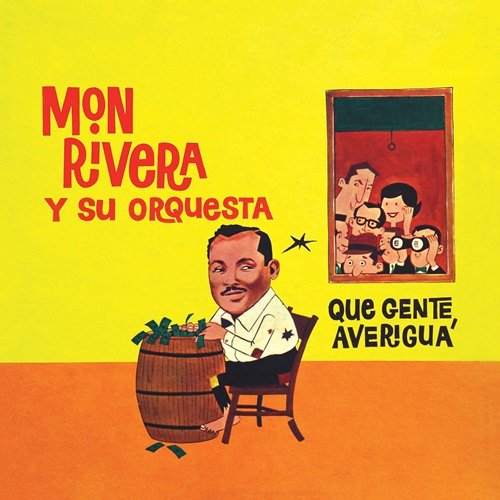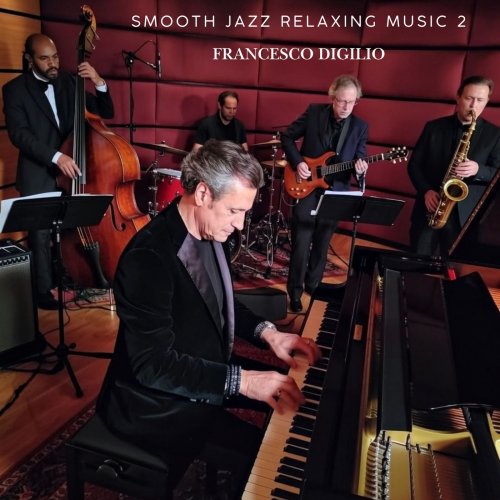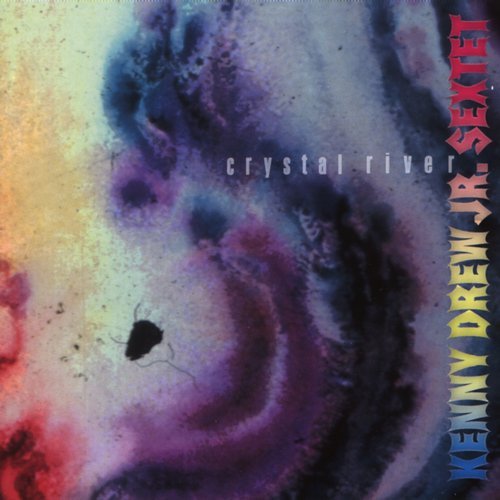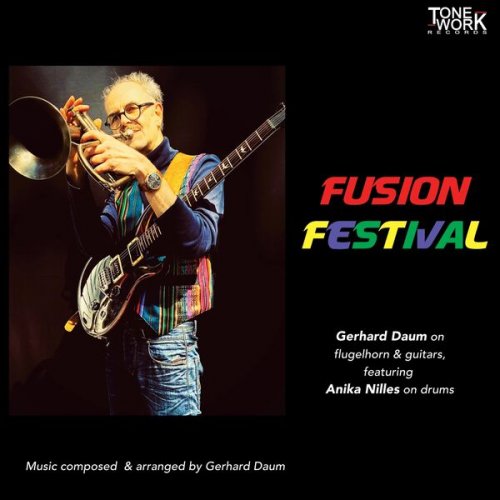Karin Schmidt Quartet - German and American Songs (2010)

Artist: Karin Schmidt Quartet, Karin Schmidt
Title: German and American Songs
Year Of Release: 2010
Label: Incipit Records
Genre: Jazz, Vocal Jazz
Quality: FLAC (tracks) | Mp3 / 320kbps
Total Time: 56:42
Total Size: 267 MB | 128 MB
WebSite: Album Preview
TracklistTitle: German and American Songs
Year Of Release: 2010
Label: Incipit Records
Genre: Jazz, Vocal Jazz
Quality: FLAC (tracks) | Mp3 / 320kbps
Total Time: 56:42
Total Size: 267 MB | 128 MB
WebSite: Album Preview
-----------
01. Heaven
02. Dein Ist Mein Ganzes Herz
03. Moritat
04. Lonely House
05. Speak Low
06. Sag Mir Wo Die Blumen Sind
07. Roter Mohn
08. Lili Marleen
09. Foolish Heart
10. Ich Bin Die Fesche Lola
11. Mood Indigo
12. Come Sunday
13. September Song
14. Der Song Von Mandelay
15. Solitude
Duke Ellington, Pete Seeger, Kurt Weill, Friedrich Hollaender, Michael Jary, Franz Lehar, and Norbert Schultze constitute a panorama so diverse as to appear incompatible. Karin Schmidt is a soprano who trained in Munich before continuing in New York and Milan; she currently lives and works in the Oltrepo Pavese area, cultivating a multidisciplinary approach uncommon for someone who, like her, had a rigorously classical background. This work is a survey of the American and German songbook, bridging operetta, contemporary music, jazz, and even folk, given the choice of the aforementioned composers, all of whom are represented on the album. The musical basis is centered on a piano/bass/drums combo with the classic vein of a refined entertainment trio, attentive to both melody and thoughtful variation. Karin's voice does not renounce classical timbre and setting, but stands out for its ability to modulate towards nuances suited to the repertoire presented. The result is an original and spontaneous work, dictated by the artists' free will to cross certain genre barriers and create a syncretism enhanced above all by their technical professionalism and familiarity with the themes.
The most convincing moments, in our opinion, are those that hark back to the Central European background, such as "Moritat," "Lonely House," and "Speak Low" by Kurt Weill, or "You Are My Whole Heart," better known in Italy as "You Who Took My Heart," by Lehar. The marching rhythms, the apparent harshness of the language, the modulations of vocal color, and the post-war patina hold up well to the crossover between the original, the vocals, and the jazzy choruses. Schultze's famous "Lili Marleen" also stands out well, with its slowed-down rhythm that allows the singing to highlight even the syllables, on which Karin lingers as if they were notes. Less successful are the results with Pete Seeger, who objectively clashes in German with a crescendo in which the diction becomes crude and a bit too solemn, and also with Ellington; In this case, the musical combo rises to the challenge very well, but the Duke's refined and intense lightness is overshadowed a bit by the soprano's verve. Overall, an interesting work, worthy of attention for its nuances, the impeccable technical execution, and the sincerity of the interpretation; however, it requires a certain ability to transcend the genre's stereotypes.
The most convincing moments, in our opinion, are those that hark back to the Central European background, such as "Moritat," "Lonely House," and "Speak Low" by Kurt Weill, or "You Are My Whole Heart," better known in Italy as "You Who Took My Heart," by Lehar. The marching rhythms, the apparent harshness of the language, the modulations of vocal color, and the post-war patina hold up well to the crossover between the original, the vocals, and the jazzy choruses. Schultze's famous "Lili Marleen" also stands out well, with its slowed-down rhythm that allows the singing to highlight even the syllables, on which Karin lingers as if they were notes. Less successful are the results with Pete Seeger, who objectively clashes in German with a crescendo in which the diction becomes crude and a bit too solemn, and also with Ellington; In this case, the musical combo rises to the challenge very well, but the Duke's refined and intense lightness is overshadowed a bit by the soprano's verve. Overall, an interesting work, worthy of attention for its nuances, the impeccable technical execution, and the sincerity of the interpretation; however, it requires a certain ability to transcend the genre's stereotypes.
FLAC
IsraCloud : Download
Mp3
IsraCloud : Download


![WILLOW - petal rock black (2026) [Hi-Res] WILLOW - petal rock black (2026) [Hi-Res]](https://www.dibpic.com/uploads/posts/2026-02/1771525134_cover.jpg)



![Andy Gillmann - Acoustic Impulse (2026) [Hi-Res] Andy Gillmann - Acoustic Impulse (2026) [Hi-Res]](https://www.dibpic.com/uploads/posts/2026-02/1771564063_i2l6l2i7vv9qz_600.jpg)
![Meinild/Anderskov/Tom - Spectral Entanglements (2023) [Hi-Res] Meinild/Anderskov/Tom - Spectral Entanglements (2023) [Hi-Res]](https://www.dibpic.com/uploads/posts/2026-02/1771491474_hl116k2q9n24a_600.jpg)
![David Hillyard & The Rocksteady Seven - Home For Dinner (2026) [Hi-Res] David Hillyard & The Rocksteady Seven - Home For Dinner (2026) [Hi-Res]](https://img.israbox.com/img/2026-02/19/i90pm6wt5icib19ylzpzq7dyv.jpg)